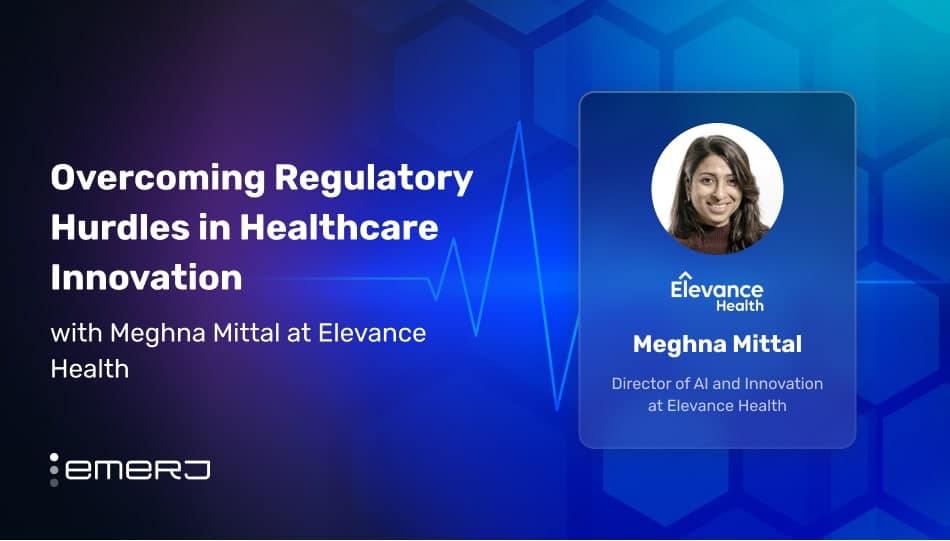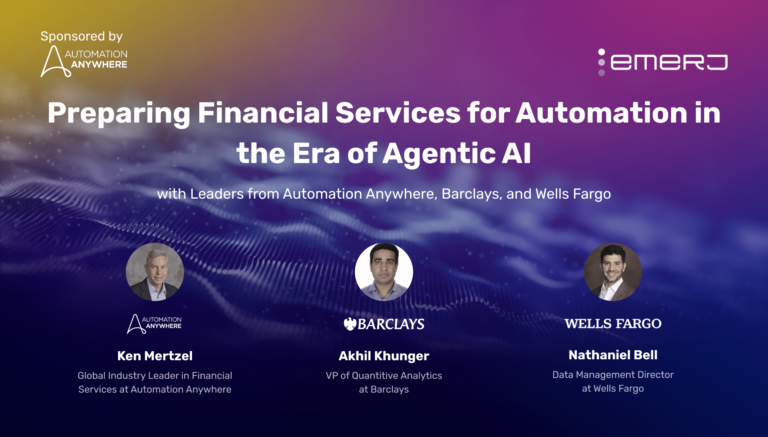While AI promises to revolutionize healthcare delivery, its integration into clinical and administrative workflows remains fraught with systematic human barriers.
Healthcare organizations identify cultural resistance as a primary impediment to technological adoption — with 25% of physicians feeling more concerned than enthusiastic about adoption, according to the American Medical Association (AMA), and 37% of medical groups not implementing AI tools due in part to “trust, liability, and security concerns,” a Medical Group Management Association survey finds.
A 2024 meta-analysis by the IT Medical Team further found that healthcare organizations associate slow adoption with a lack of cohesive change management strategies, scattered decision-making authority, and undefined roles for technology implementation.
These disparities persist despite widespread recognition of automation’s potential to alleviate administrative burdens, which account for 25% to 31% of U.S. healthcare expenditures, according to a study published by the JAMA network.
Current discourse often prioritizes technological capabilities over the socio-technical dimensions of implementation — an oversight that this article examines through operational realities described by Megnha Mittal, Director of AI and Innovation at Elevance Health, on a recent episode of Emerj’s ‘AI in Business’ podcast.
In a wide-ranging interview with Emerj Editorial Director Matthew DeMello on the podcast that drew on qualitative insights from her experience, Mittal speaks at length about strategies to reconcile cultural skepticism and digital skill gaps, situating her pragmatic approaches within broader discussions about AI’s role in high-stakes
From their conversation, we bring you the below two key insights:
- Build training structures and trust for smoother adoption: Healthcare digital transformation requires addressing cultural resistance through collaboration, training, and stakeholder engagement to establish long-term trust and promote adoption.
- Administrative AI adoption before patient integration: AI and automation should be strategically applied first to administrative processes for indirect enhancements of patient outcomes.
Listen to the full episode below:
Guest: Meghna Mittal, Director of AI and Innovation at Elevance Health
Expertise: Enterprise AI, Data Science, and Healthcare Innovation
Brief Recognition: Meghna Mittal leads the development of scalable AI capabilities across the Elevance. She is instrumental in integrating automation and cloud-based solutions to enhance operational efficiency and improve patient experiences. A former professor at Carnegie Mellon University, Meghna combines academic acumen with practical expertise to drive impactful innovation in healthcare systems.
Build Training Structures and Trust for Smoother Adoption
Mittal begins her podcast appearance by underscoring how advancements in technology often outpace digital education and literacy. As such, she highlights the importance of involving internal associates early in the digital transformation process to mitigate cultural resistance and foster smoother adoption.
Her division at Anthem Health, within the Elevance parent company, implemented secure internal versions of generative AI (GenAI) tools, such as ChatGPT, within protected environments, allowing staff to explore and acclimate themselves to these technologies safely without risk.
According to Mittal, internal training and upskilling programs make staff feel more comfortable with the technology. She emphasizes that it is a gradual process, with employees initially using GenAI for basic tasks, such as email writing.
Eventually, hands-on exposure enables employees to understand AI’s capabilities and identify practical applications for their workflows, ultimately accelerating adoption. Mittal also mentions that greater communication can enable staff to provide insightful input about four significant healthcare technology challenges:
- Compliance with local regulations and broader regulations like HIPAA to ensure safe handling of patient data
- AI interoperability with legacy systems
- Meeting budget constraints and how to maximize ROI
- Closing talent gaps and hiring staff that are motivated to learn
Mittal points out that during training, tools must be deployed in a secure and protected environment, especially amid recent incidents of internal data leaks.
On the other hand, she is also quick to point out that healthcare providers often resist automation due to the high stakes of their work. A single negative incident involving AI can erode trust across the system, making it crucial for organizations to carefully vet tools before introducing them into provider workflows.
Especially in leadership, altering perceptions about automation necessitates that digital capabilities interact with legacy systems to create an integrated and unified system. Mittal stresses that proposals should prioritize consumer benefit-oriented solutions over vague solutions:
“But how is it going to make a difference to our members? How is it going to fit into our overall strategy? It’s a different ball game now …we are carefully looking at our big bets …and avoiding times when we are tempted to pick [unfocused] solutions.”
– Meghna Mittal, Director of AI and Innovation at Elevance Health
Administrative AI Adoption Before Patient Integration
Mittal then makes a crucial distinction between AI adoption in administrative settings and direct patient care, explaining that there is a larger culture of resistance towards automation in direct patient care. She asks a crucial question, highlighting the innate bias toward automation, “are patients willing to accept [AI errors] with the same grace that they would when a human makes an error?”
A Wolters Kluwer study indicates not, as 49% of Americans already presume impropriety, saying they are concerned that GenAI might produce false information.
As such, Mittal recommends building internal and administrative capacity for AI tools before adoption in direct patient care. Elevance is actively working to create a unified patient record system using cloud-based solutions and automation.
Mittal also alludes to projects that leverage machine learning to enhance personalized care and consumer communication.
Such foundational work eliminates inefficiencies at the organizational level, indirectly enhancing patient experiences by expediting operations, reducing delays, and improving care.

















